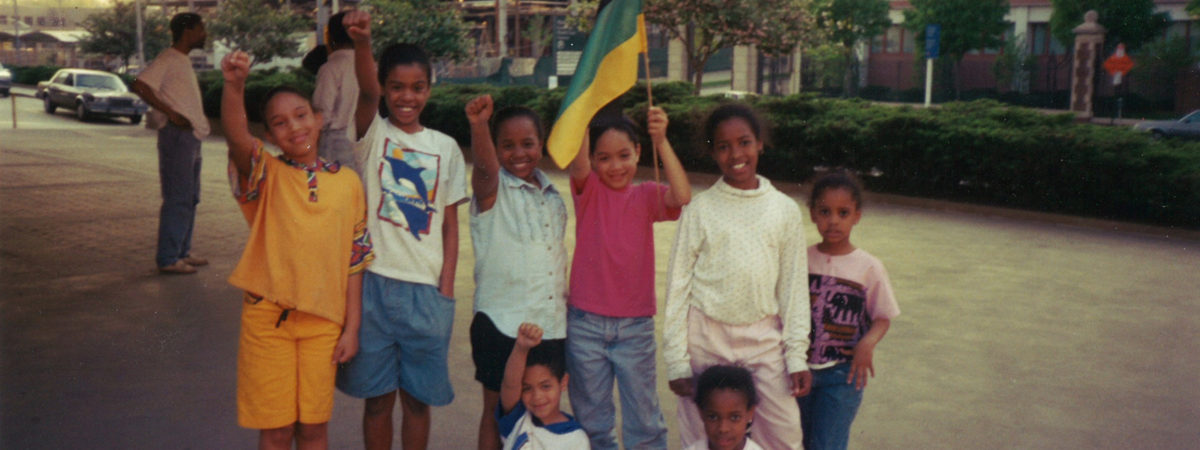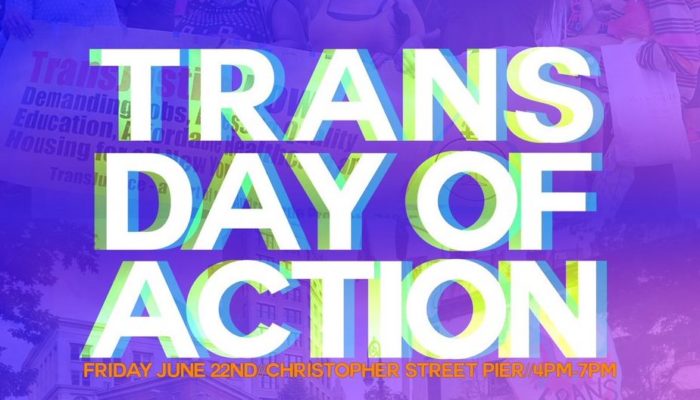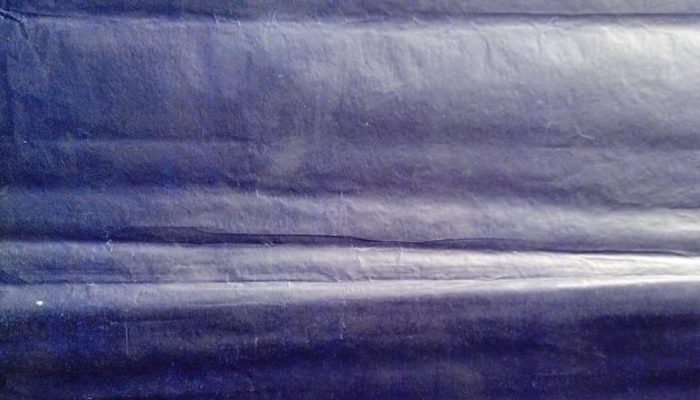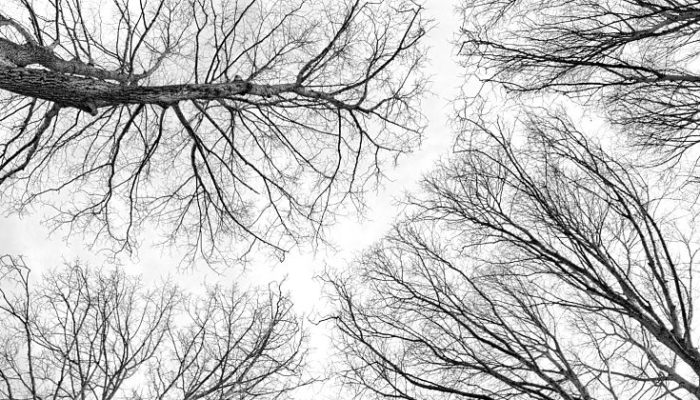by Zinzi Clemmons, Managing Editor; Photo (c) Independent UK
Last week, readers around the world observed a debate surrounding Nigerian writers and the biggest literary prize in Africa, and centering on one of the continent’s most prominent literary stars. On July 10, Boston Review posted an excellent interview with Chimamanda Ngozi Adichie on race, her great new novel Americanah, and many subjects in between. One part of the interview in particular caught attention for its mention of Africa’s prestigious literary honor, the recently-awarded Caine Prize for African Writing:
AB: I would love to ask you about the Caine Prize. I find it interesting that so many Nigerians are on the short list this year—that it’s four Nigerians out of five . . .
CA: Umm, why is that a problem? Watch it.
AB: Well, none of them are you!
CA: Elnathan was one of my boys in my workshop. But what’s all this over-privileging of the Caine Prize, anyway? I don’t want to talk about the Caine Prize, really. I suppose it’s a good thing, but for me it’s not the arbiter of the best fiction in Africa. It’s never been. I know that Chinelo is on the short list, too. But I haven’t even read the stories—I’m just not very interested. I don’t go the [sic] Caine Prize to look for the best in African fiction.
AB: Where do you go?
CA: I go to my mailbox, where my workshop people send me their stories. I could give you a list of ten—mostly in Nigeria—writers who I think are very good. They’re not on the Caine Prize short list.
Among those who picked up on her dismissal of the prize were some of its nominees. Elnathan John (referred to as “one of her boys”, a phrase that won a subset of criticism all its own) penned a series of frustrated tweets, and then a post on his blog that details his interactions with Adichie, from participating in her Farafina Creative Writing workshop in Lagos, to her increasingly sparse emails to him, to the interview in question. The entire string of events is summed up very well here. The most curt response (and that’s a generous description) came from fellow nominee Abubakar A. Ibrahim:
So the best African fiction is in Chimamanda Adichie’s inbox? I hail thee, queen-god mother. Go fuck yourself, Chimamanda. Nonsense!
— Abubakar A. Ibrahim (@Abubakr_khalifa) July 15, 2013
Adichie’s comments were no doubt paternalistic. But for a writer as justly well-respected, a hint of paternalism is not out of the realm of expectation when addressing writers at earlier stages of their careers. It might be annoying to be reminded of one’s station, but it isn’t untrue.
What struck me were the sexist undertones of these responses. John’s blog post, with its references to man-boobs, and constant attention to Adichie’s physique (he “imagine[s] her skin in terms of taste”)—makes clear that the injury dealt by Adichie’s comments was in the genital area. His manhood has been wounded, and this response (and arguably all these responses) has been an attempt to reassert it.
Adichie, by virtue of her achievements, has every right to dismiss these lesser writers. They have not accomplished as much as her, and few of them are likely to in the future. That’s not a comment on their talent, but mere statistical fact. There are only a handful of writers in her generation that will achieve the level of commercial and critical success as Adichie. (Interestingly, the nominee that has seen the most success in the US, Chinelo Okperanta, is the lone female Caine nominee this year, and she has wisely chosen to stay silent on this debate.) These are men who have been offended, not because someone dared dismiss them, but because a woman—a young beautiful woman at that—dared to dismiss them.
Imagine the genders are different. I am a writer who has published here and there; one of my stories was published in the same magazine as the winning one. Full disclosure: My story was nominated for the prize, but never became a finalist. But what if it made the short list, and I were one of those writers whose name wasn’t important enough for Adichie to remember? Well, to me that sounds about right, because Chimamanda Ngozi Adichie has no reason to know my name. I hope one day she will, but for right now, no—for her not to know me seems right. The sentiment that she should know me, regardless of my lack of achievement, is an entitled one that, read in concert with the echo chamber of the other males’ complaints, reads as chauvinist.
And what if I told her to fuck herself on Twitter? The whole episode might be subject to a female writer catfight-narrative. Or, since we’re both black, a violent female writer catfight. Maybe there would be a joke about weave-snatching. Full disclosure: I do currently have braids with extensions, which one might inaccurately characterize as weave.
And what if Adichie were a male writer who chose to dismiss the prize and I told him to fuck himself? I can imagine there would be a good deal of how-dare-she’s. I could expect to be called bitch and cunt a lot. Some would look up pictures of me and make fun of my appearance, or make jokes about how many people I must have slept with in order to get nominated. At the very least, people would compare my work and achievements to his, and find mine comically lacking. Where am I getting this? It’s not fantasy; it’s well-documented as what happens to women who challenge famous men.
As for the prize itself: since when isn’t it good practice to question our institutions, in order to keep them in check? The Caine Prize is currently the most visible (and arguably well-respected) literary prize for Africa. It is awarded to a short story, not a book-length work, in the English language that centers on Africa. The prize is relatively young (first awarded in 2000), and was founded in the UK by the former chairman of the Booker Prize. It is awarded every year at Oxford.
The mere fact that the biggest literary prize in Africa is British should give anyone, regardless of background or affiliation, pause. Adichie’s assertion that “it’s not the arbiter of the best fiction in Africa” leaves open the consideration of writing in any of the thousands of languages indigenous to the continent.
In America, our prizes generate discussion and critique constantly, most recent and most effective of which has been—relevantly—their disproportionate recognition of male over female writers. Organizations like VIDA: Women in Literary Arts were created in response to such inequities, and they perform a great deal of good by policing the systems of reward and advocating for those who are overlooked.
Adichie’s comments should be considered a serious call to action for African writers, and anyone invested in the African literary economy. Why do we privilege the Caine Prize so much? And is there a better way to recognize the writing of the continent? These are questions the writers who dismissed Adichie should have asked themselves, and in fact may have done, if they hadn’t been so busy defending their masculinity.
****************************
This is the inaugural post in a series of online political writing that will preview the political content of Apogee Issue 3. If you like what you’ve just read, please considering donating to our Kickstarter, to help us expand our reach in print and on the web. Thank you for your continued support!
//





